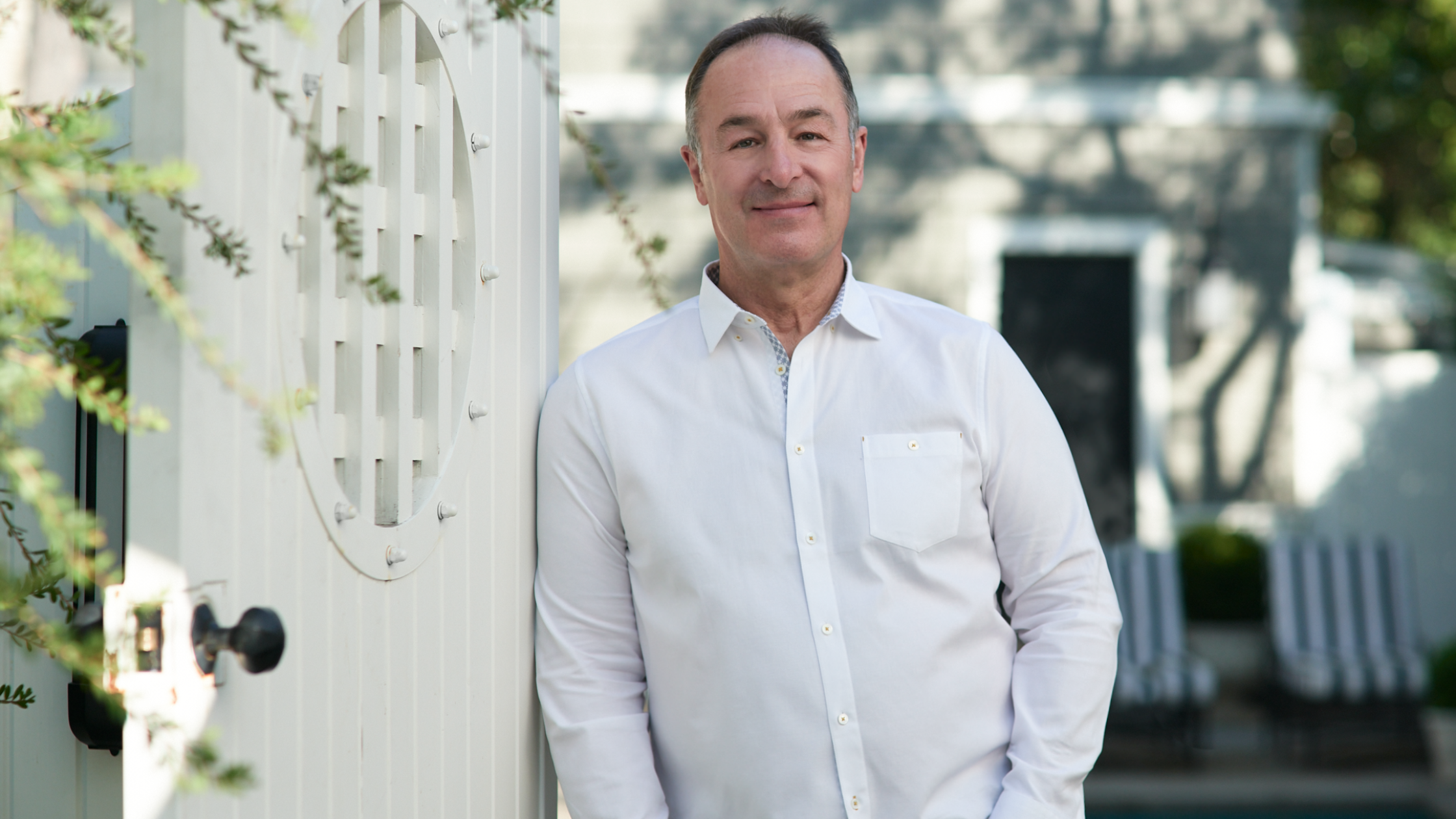Article: Let's Talk SPF!

Let's Talk SPF!
Sunscreen serves a dual purpose: it shields your vulnerable skin from harmful UV rays while also warding off visible signs of aging.

The abundance of sunscreen options available can make it challenging to select the appropriate one for your skin. To help you find your perfect match, let's explore the differences between tinted and un-tinted sunscreen, and what to consider when making your choice.
What is sunscreen? Sunscreen has three main components: the sun protection factor (SPF), protection against ultraviolet (UV) rays, and water resistance.
Sun protection factor (SPF) A sunscreen's SPF denotes the level of protection it provides against the sun's UV radiation. It typically ranges from 15 to over 50, but the protection level only increases slightly beyond SPF 30.
Dermatologists advise using sunscreen with an SPF of 30 or higher to protect skin from 97% of UV radiation.
Ultraviolet (UV) protection There are two types of UV radiation that can harm our skin: UVA and UVB. UVA radiation can cause signs of premature aging and damage to the retinas, while UVB radiation can cause sunburn. Both types can cause long-term skin damage, so it's essential to protect your skin with a broad-spectrum sunscreen. Don't forget to wear sunglasses to protect your eyes from UVA radiation!
Water resistance Water resistance is an important factor to consider when choosing a protective sunscreen. It determines how long the sunscreen will remain effective while you're in the water. However, even if your sunscreen is water resistant, it is recommended to reapply it frequently if you're swimming or sweating. It's worth noting that no sunscreen is truly waterproof, despite some claims made by manufacturers.
What are the benefits of wearing sunscreen? Minimizing long-term sun exposure effects by understanding sun safety, we can minimize the long-term effects of sun exposure. In addition to preventing sunburn, there are several benefits to wearing sunscreen.
Prolonged exposure to UV radiation can increase melanin (pigment) in your skin over time. This increased pigmentation is commonly referred to as sunspots, age spots or dark spots. To prevent sunspots from appearing, it is essential to wear sunscreen regularly.
In addition to protecting your skin from harmful UV rays, regular use of sunscreen can help maintain a youthful and radiant complexion. UVA rays, in particular, can cause premature aging of the skin, resulting in the early onset of fine lines and wrinkles.
Although no sunscreen can guarantee full protection, it can significantly reduce your exposure to harmful sun rays and keep your skin youthful-looking for an extended period of time.
Tinted vs. un-tinted sunscreen — Which One Should You Choose?

With so many sunscreen options on the market, it's easy to get confused about which one to choose. Are you considering a tinted or untinted option? Ultimately, this comes down to personal preference, so let's explore the differences between the two.
Tinted sunscreen
Tinted sunscreens provide sun protection and work to counter redness and even out skin tone. Options like our Hydratint + and Sunshade are lightweight enough to be worn under makeup, but tinted enough that you can wear it on its own and still get good coverage and protection.
Un-tinted sunscreen
There are different types of un-tinted sunscreen available, depending on the active ingredient. Mineral-based sunscreens can leave a chalky or white residue on the skin, even after rubbing them in. However, chemical sunscreens can absorb easily, guarding against visible aging while still allowing your natural radiance to glow through.
Maximizing Sunscreen Protection: Tips to Keep in Mind

Sunscreen application before leaving the house is crucial, but it isn't a one-time solution for complete protection. Here are some tips to ensure you get the most out of your sunscreen:
- Whenever possible, combine sunscreen with protective clothing. Use a wide-brimmed hat and UV-protective sunglasses to cover sensitive areas while you're outdoors.
- Be mindful of how much sunscreen you use. Overuse of sunscreen won't harm you, but it can be costly in the long run. Typically, one ounce (or a shot glass) of sunscreen is enough to cover your entire body.
- Don't forget your lips. Your lips are just as vulnerable to sunburn and skin damage as other areas of your skin. Apply a lip balm with SPF 30 or higher to protect this sensitive skin from the sun, wind, and chapping.
- Reapply sunscreen frequently. Remember to reapply sunscreen at least every two hours, especially if you're sweating or swimming. If you're unsure, check with your skin care provider or refer to the instructions on the bottle.
- Replace your sunscreen often. Sunscreen generally lasts about three years, so keep an eye on the expiration date and replace it as needed to ensure that your skin stays protected.
To sum up...
The decision to use tinted or un-tinted sunscreen depends on your needs. If you want a little extra coverage to even out your complexion, especially when you're wearing it alone, tinted sunscreen may be the right choice for you.
No matter which type you choose, applying sunscreen with SPF can significantly impact your long-term appearance, particularly in preventing visible signs of premature aging.
SOURCES:
Sun Protection Factor (SPF) | FDA
Definition of UVA radiation | NCI Dictionary of Cancer Terms
The Latest on
MSMD Blog

Let's Talk SPF! With so many different types of sunscreen on the market, how can you know which is right for your unique skin? Let’s dive into tinted vs. untinted sunscreen and what to look for to ...
Read more
Meet Dr. Schwartz Cosmetic Surgeon & Facial Plastic Surgeon located in Pasadena, CA
Read more

